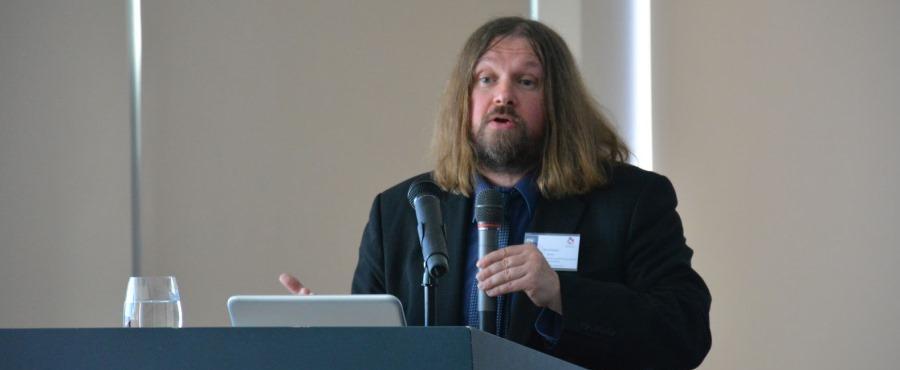

DCU-inspired school self-evaluation tool translated by EU Commission into 22 languages
A self-evaluation tool for school heads, teachers, parents, other school partners and policy makers – inspired by a DCU-led report – has been officially translated by the European Commission into 22 European languages.
The Structural Indicators Tool was developed based on a 2017 report* led by Dr Paul Downes, Director of DCU Educational Disadvantage Centre.
The Tool enables individual school communities to reflect on the inclusiveness of their school, and covers:
- A whole school approach to developing inclusive systems
- Teacher and school leadership quality
- Promotion of system integration of policy and practice
- A multidisciplinary focus on health and welfare
- Promoting parental involvement and family support
- Meeting the needs of particularly vulnerable individuals and groups
Welcoming the news, Dr Downes said “I’m delighted to see this resource now available in 22 languages. It demonstrates an institutional commitment by the European Commission to prioritising the social inclusion agenda.”
The translations have been jointly published on the EU Commission’s School Education Gateway (https://www.schooleducationgateway.eu) and DCU Educational Disadvantage Centre websites (https://www.dcu.ie/edc/structural-indicators-inclusive-systems-europe.shtml).
*Structural Indicators for Inclusive Systems in and around Schools (Downes, Nairz-Wirth & Rusinaite 2017), launched in DCU Institute of Education in September 2017, by Minister Katherine Zappone and published by the EU Commission. Full report is available here: Downes, P.; Nairz-Wirth, E.; Rusinaitė, V., Structural Indicators for Inclusive Systems in and around Schools. Luxembourg: Publications Office of the European Union, 2017. Doi: 10.2766/200506.
